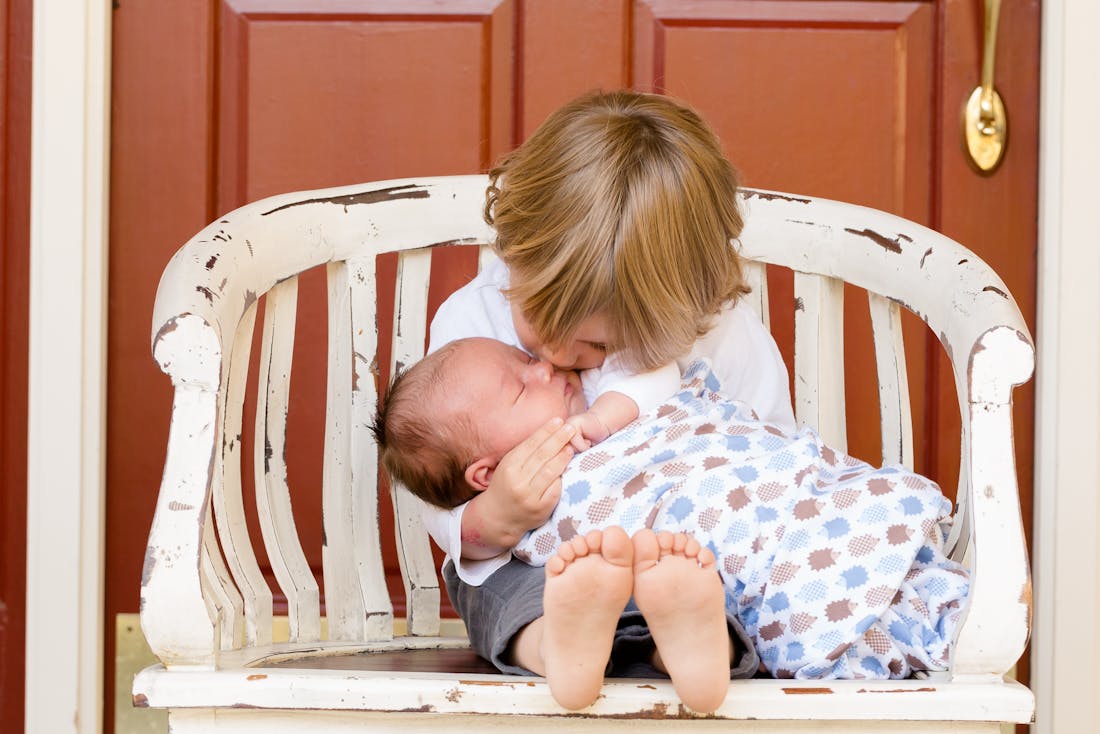Abstract: The family environment plays a crucial role in shaping children’s social skills and abilities. This article investigates the impact of family on children’s socialization, development of communication skills, and establishment of relationships with others. By examining these aspects, researchers gain insight into the mechanisms underlying the influence of family on children’s social competence and success in social interactions.
Introduction: Social skills are essential for navigating social interactions, forming relationships, and functioning effectively in society. The family serves as the primary context for children’s socialization, providing opportunities for learning and practicing social skills. Understanding the role of family in developing children’s social skills is vital for promoting positive social development and well-being.
Family Influence on Child Socialization: The family environment shapes children’s socialization by modeling social behaviors, providing social support, and setting expectations for social interaction. Through interactions with family members, children learn social norms, values, and rules of conduct that guide their behavior in social situations. Positive family relationships characterized by warmth, acceptance, and effective communication contribute to children’s sense of security and confidence in social interactions.
Development of Communication Skills: Communication skills are essential for expressing thoughts, feelings, and needs, as well as understanding others’ perspectives and maintaining relationships. The family plays a central role in developing children’s communication skills through verbal and nonverbal interactions, storytelling, and active listening. Positive parent-child communication patterns, such as open dialogue, empathy, and validation, foster children’s ability to communicate effectively and build rapport with others.
Establishment of Relationships with Others: The family environment influences children’s ability to establish and maintain relationships with peers, teachers, and other social contacts. Positive family relationships characterized by trust, cooperation, and respect serve as a model for healthy interpersonal relationships and provide a foundation for children’s social development. Children who experience secure attachments and supportive family environments are more likely to develop positive social relationships and interpersonal skills.

